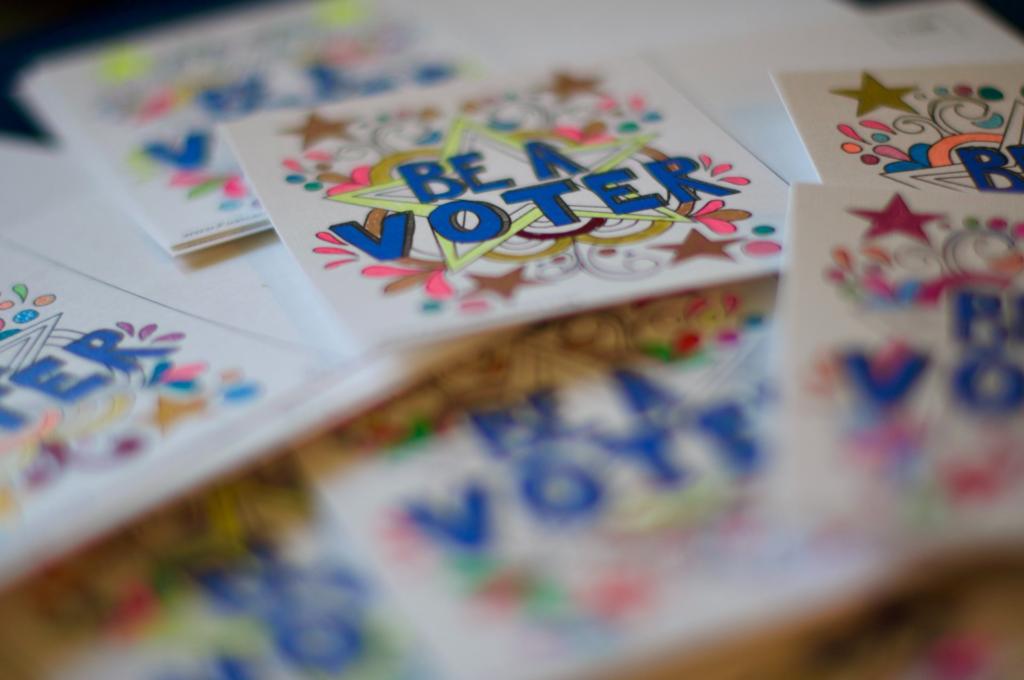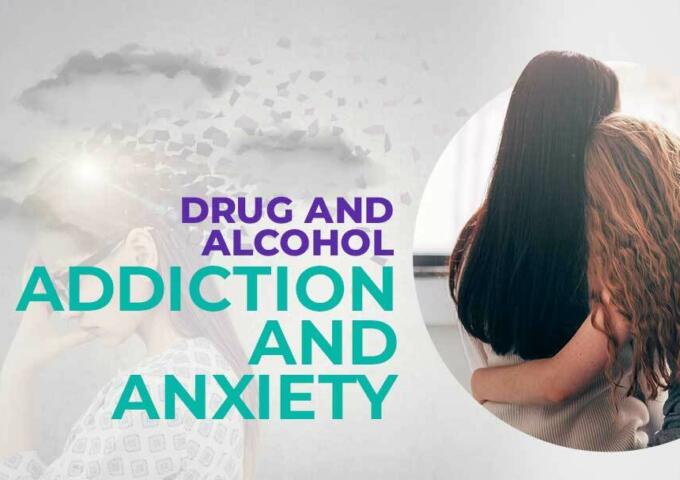Hold off on having kids until you’re ready
Re: “Protect our kids, Philly and…”
Perhaps given all of the gun violence, “Shoot me an e-mail at…” was not the best choice of words.
Yes, the facilities are awful, and what’s happening needs to be corrected. But if a couple can adequately provide for a child (meaning ensuring that the child will live in a safe, stable environment and get a good education) said child would NEVER end up in a facility. So it’s on the couple to be sure they’re ready, willing and able (meaning both people are mentally and financially sound) to support a child before a woman gets pregnant. Otherwise, a couple should hold off until they are READY. It’s that simple. A couple needs to make SMART decisions. If they just want to have sex, they should use birth control. NO EXCUSES. Parents of kids who end up in facilities have FAILED as parents, are complicit in what happens, and don’t deserve a pass.
And.
The use of profanity in your paper is not appreciated. Do four-letter words please advertisers and drive circulation? Just like with a comedian, if the material is good enough, bad language isn’t necessary. Just saying.
– Andrew | Center City

The SHOUT Out
“Depending on whom you ask, mail-in voting is super safe or ripe for manipulation?”
Your turn: What are your thoughts on mail-in voting? Will you send your ballot via the postal service, or show up at a polling station this November? Send your thoughts to voices@philadelphiaweekly.com
Do Democrats believe in democracy?
As Ronald Reagan famously said in 1980, There you go again. This time, the Pennsylvania Democratic Party reacts in fear and trembling to the big bad Pennsylvania Green Party by once again taking them to court to keep them off the November ballot. As though Democratic presidential candidate Joe Biden is afraid of Green Party presidential candidate Howie Hawkins. I doubt that, and I doubt he even knows about the Pennsylvania ballot access situation. It would be interesting to get his reaction to this, but I’d be willing to bet we’ll never get that.
Probably, if you asked him, Biden might think Hawkins was a pitcher for the Wilmington Blue Rocks minor league baseball team, whom he grooved a pitch to on one opening day.
The Pa. Greens were forced, by a previous court decision, to go out and secure enough petition signatures, in this time of COVID, to be on the ballot. Amazingly, they got three times the number of required signatures. Amazingly, they still are being challenged. Shouldn’t the Democrats be focused on electing their candidates rather than – to some of us, it feels like Goliath demanding the referee measure David’s slingshot for the proper size requirements.
By the way, before anyone talks about the Greens “stealing” the Democratic vote, I looked at my personal vote and it said to me that it did not belong to any one political party, it only belongs to me. It does not belong to the Constitution Party, Democratic Party, the Green Party, the Libertarian Party, or The Republican Party. If anyone has evidence to the otherwise, duly notarized, please forward it to me.
At a certain age, which I’m not revealing even under executive court order, you start to wonder how many more elections you might have in which to vote. If I can’t choose who to vote for, I can’t help feeling my vote, and my voice, are being “stolen.” Perhaps, if I can’t vote for the candidate of my choice, maybe I will decline to vote. Some, perhaps, may decide to vote for the other party candidate, just out of pure anger.
Some progressives, not only Greens, may see this as Big Party brutality and may consider this when they come to the polling place and/or mail in their votes.
Some of us need someone to vote for, not someone to vote against. Failing that, you obtain some of the results of previous elections.
So we end up with the question, do Democrats really believe in democracy or is this another case of false advertising? Further, do we really live in a democracy?
For more information about the PA. Green Party, go to gpofpa.org.
– Bob Small | Swarthmore
Fight pandemic by expanding trade
The U.S.-Canada border will remain closed for non-essential travel until at least Sept. 21. President Trump and Prime Minister Trudeau mutually agreed to seal the world’s longest non-militarized border back in March to slow the spread of COVID-19.
But while cross-border road trips and shopping excursions have come to a halt, commerce has continued as usual. That’s a good thing – Canada is one of our most important trading partners.
Now more than ever, we must strengthen this relationship and eliminate the existing regulatory barriers that keep American businesses from fully accessing Canada’s market and vice versa. Expanding this trade is critical in helping both nations weather the unprecedented economic strain caused by COVID-19.
In 2018 alone, the US and Canada exchanged more than $718 billion in goods and services. Canadians import more goods from the United States than from anywhere else in the world. Americans rely on our northern neighbors for essential goods like fuel and food products.
This already-strong trade relationship was reinforced by the United States-Mexico-Canada Agreement, which went into effect earlier this summer. The agreement includes provisions aimed at improving agriculture, e-commerce and small-business trade.
But several significant barriers remain.
For instance, the USMCA was intended to expand American farmers’ access to the Canadian dairy market. Yet just as the trade deal went into effect, Canada increased restrictions that limit U.S. cheese and butter imports. The American dairy industry is concerned that Canada may also limit access to Canada’s skim milk market.
Or consider the Patented Medicine Prices Review Board, a government body that regulates maximum drug prices in Canada, regardless of whether the government pays for them. PMPRB does not rely on competitive markets or a medicine’s actual value when making its decisions, but rather relies on the prices in other countries that themselves often fail to recognize the value of innovation. This so-called reference pricing devalues innovative medicines, including those that come from the United States.
USMCA did not seek to address chronic devaluation of U.S. medicines in Canada, and now the PMPRB is poised to adopt new sweeping regulations in January 2021 that will exacerbate the problem.
One of the new rules would eliminate the U.S. from the group of seven comparator countries PMPRB uses to set drug prices. Removing the United States – one of the only nations that relies on market-forces to incentivize innovation and access – from this group of comparator countries will have the unintended effect of devaluing U.S. innovation.
It takes $2.6 billion on average to bring just one new drug to market. What innovative manufacturer will launch its product in a market the size of Canada knowing that there is little hope for return on its investment?
This is not just speculation. The evidence shows that Canadian patients are already paying the price of PMPRB’s new proposal. At least seven drug launches have been delayed in Canada since August 2019.
The U.S.-Canada trading relationship is the envy of the world. But it’s not perfect. It is imperative that our North American neighborhood works in cooperation so that we emerge from the current pandemic poised to build the economy of the future.
– Mary Scott Greenwood is the CEO of the Canadian American Business Council.

Price controls rob patients of future therapies
President Trump has announced a sweeping executive order that would forbid Medicare from paying more for advanced medicines than any other developed country.
This price control scheme, if implemented, would sound a death knell for medical innovation – and potentially for many patients.
Drug development is expensive, time-consuming and full of uncertainty. Just over 10 percent of experimental drugs that enter clinical trials ever earn the FDA’s stamp of approval. Successfully bringing a single product to pharmacy shelves can take up to 15 years and cost over $2.5 billion.
Just look at the attempts to cure Alzheimer’s, the sixth-leading cause of death in America. The FDA has greenlit only four of the nearly 150 promising Alzheimer’s treatments that underwent clinical trials in the last two decades. And all those medications merely alleviate symptoms. There’s still no cure.
Despite these numerous expensive failures, investors and scientists keep trying, in the hopes that a successful drug will recoup its R&D costs and make up for all the dead-ends along the way. Still, important scientific knowledge comes from every failed effort. And knowledge is power in pursuit of public health.
This extensive research wouldn’t happen in any other nation. America’s relatively free market for medicines allows innovators to enjoy the fruits of their labor. This incentivizes investors to put more dollars toward the cures of tomorrow – and explains why U.S. labs engineer the majority of the world’s new medicines.
It’s a different story in countries with price controls.
When government-run health-care systems can dictate artificially low drug prices, research loses its allure. There would have been 117 fewer new drugs developed between 1986 and 2004 if the United States had imposed price controls, according to one University of Connecticut study.
And price controls don’t merely hurt patients far into the future, either. They have immediate, disastrous effects. Many biotech companies don’t even bother launching their products in price-controlled nations – the marginal revenue isn’t worth the costs.
Consider that Canadian and French patients can access just 56 and 65 percent of all oncology drugs invented worldwide between 2011 and 2018, respectively. Patients in the United States enjoy access to 96 percent of all cancer drugs. Anyone who has personally battled cancer, or knows someone who has, understands that quick access to breakthrough drugs can make the difference between life or death.
The Trump administration’s executive order threatens these patients. Our nation is grappling with a deadly pandemic and struggling to curb rising rates of chronic disease – it’s hard to think of a worse time to reduce Americans’ access to medicines and discourage research. Do we really want to slow cutting-edge research into COVID-19 therapies?
There are more than 4,500 drugs in development right now in U.S. labs. Any of those medicines could be the cure to cancer, Alzheimer’s, heart disease, mental illness and other ailments. But if the United States enacts price controls, there’s no telling whether these promising experimental medicines will ever reach pharmacy shelves.
– Peter J. Pitts, a former Food and Drug Administration associate commissioner, is president of the Center for Medicine in the Public Interest.





